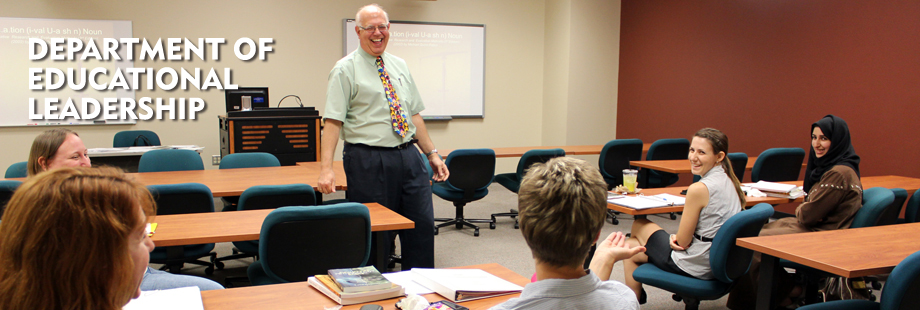Document Type
Article
Publication Date
2004
Publication Source
Brigham Young University Education and Law Journal
Abstract
The dearth of statistical or anecdotal evidence aside, combined with the relative lack of reported litigation, it appears that most students and teachers regularly participate in perhaps the most common daily school ritual by joining in the patriotic recitation of the Pledge of Allegiance (Pledge) and the salute to the American Flag. Yet, as discussed throughout this article, this daily practice has had a history of controversy, whether in schools or political settings.
Turning specifically to schools, in Newdow v. United States Congress (Newdow), the Ninth Circuit set off a firestorm of controversy when, in a case from California, it initially struck down the words "under God" in the Pledge of Allegiance for violating the First Amendment's prohibition of governmental establishment of religion. The court subsequently modified its initial judgment and struck the Pledge down on the basis that it coerced a religious act. Previously, in a case from Illinois, Sherman v. Community Consolidated School District 21 of Wheeling Township, the Seventh Circuit affirmed that the Pledge, including the words "under God," was constitutional, as long as children were free not to participate in its daily recitation. Given the split between these circuits, the Supreme Court's decision to hear an appeal in Newdow II, places the Court at the epicenter in the latest battle in the culture wars over the place of religion in American education.
In light of the Supreme Court's forthcoming ruling on the status of the words "under God" in the Pledge, this article is divided into the three sections. The first section of the article offers a brief history of the Pledge and flag salute, while the second section reviews reported litigation involving these rituals, including Newdow. The final section of the article ruminates on how the Justices are likely to respond to this challenge to the Pledge, Justice Scalia's self-recusal from the litigation, and what this dispute means for the Court's wider jurisprudence vis-a-vis the place of religion in the marketplace of ideas.
Inclusive pages
301-330
ISBN/ISSN
1930-5281
Document Version
Published Version
Copyright
Copyright © 2004, Brigham Young University Education and Law Journal
Publisher
Brigham Young University
Volume
2004
Issue
2
Place of Publication
Provo, UT
eCommons Citation
Russo, Charles J., "The Supreme Court and Pledge of Allegiance: Does God Still Have a Place in American Schools?" (2004). Educational Leadership Faculty Publications. 129.
https://ecommons.udayton.edu/eda_fac_pub/129
Included in
Education Law Commons, Elementary Education Commons, Religion Law Commons, Secondary Education Commons, Supreme Court of the United States Commons




Comments
This document has been made available for download in accordance with the publisher's policy on self-archiving.
Permission documentation is on file.